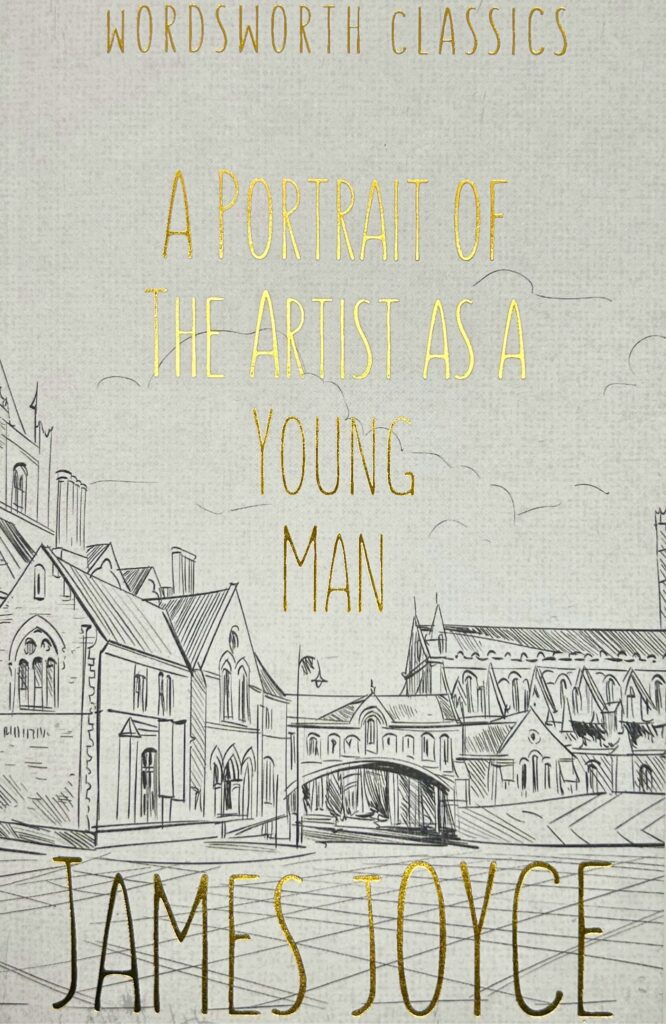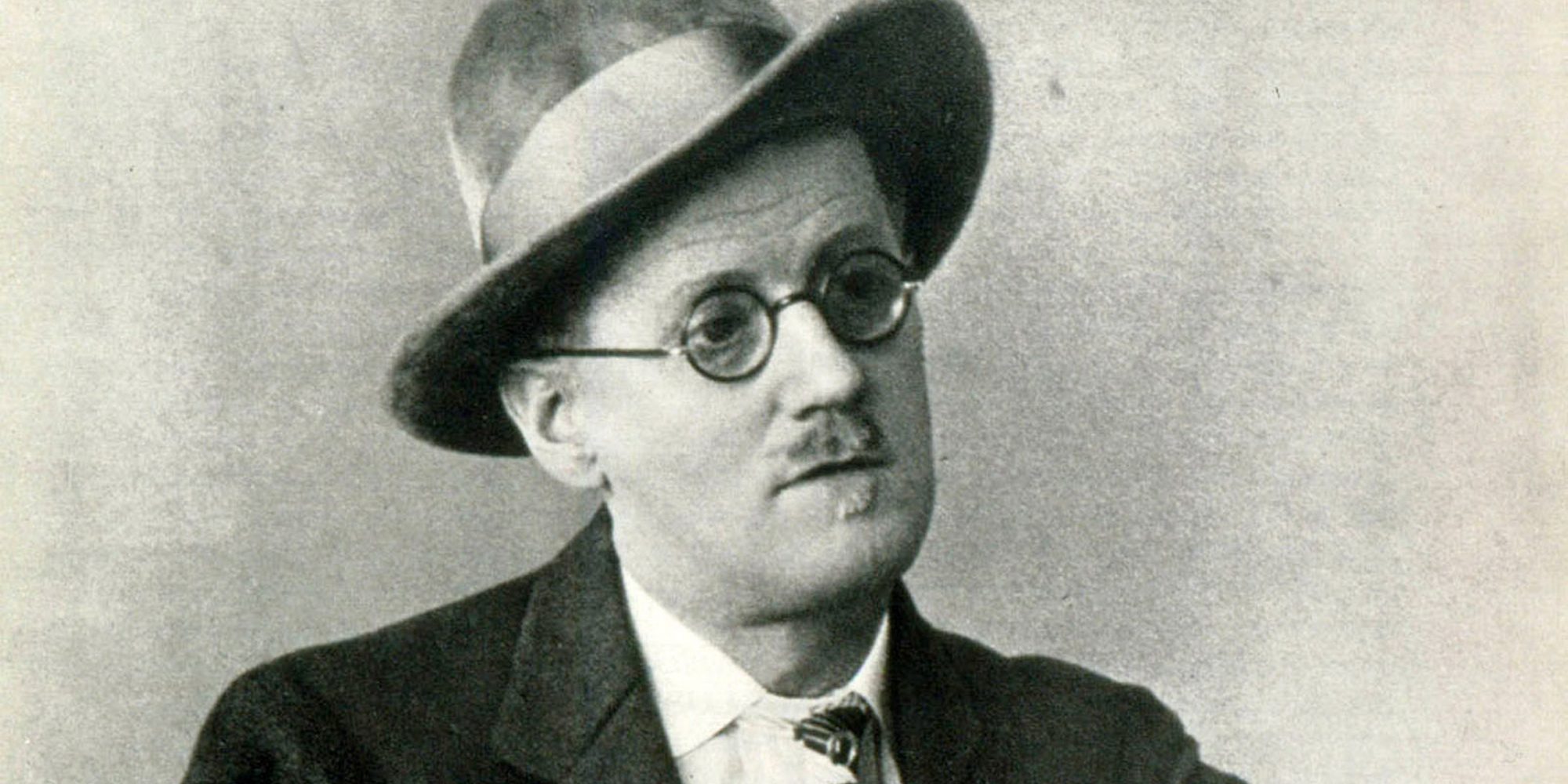
The pleasures of James Joyce
Professor Cedric Watts writes on the pleasures of reading James Joyce.
The pleasures include:
1. Finding that the tales of Dubliners are not difficult except in their subtlety, and that, if some make you think ‘So what?’, most offer mundane reality transfigured or a memorably melancholy lyricism.
2. Learning that though critics have adopted its key-term ‘epiphany’ as literary-critical jargon, Stephen Hero (via Cranly) mocks such usage.
3. Relishing the big irony of A Portrait of the Artist as a Young Man: part of the time, Stephen Dedalus is indeed a sympathetic version of the young James Joyce; but part of the time, Stephen Dedalus is an arrogant egotist who, like the Icarus to whom he likens himself, will fail: his derivative villanelle suggests that, and Ulysses proves that.
4. When reading Ulysses, discovering:
(a) that though parts are excruciatingly difficult, other parts abound in human interest;
(b) that the early 21st century is an excellent time to be reading it, because so much free explanatory help is available online;
(c) that unlike other famous Modernist texts, this one is not anti-Semitic but pro-Semitic; not elitist but democratic; not anti-urban but appreciative of the city; and not misogynistic but (eventually) pro-feminist;
(d) that the bawdry, once deemed so shocking, now seems a reasonable consequence of Joyce’s quest to be more fully realistic than other novelists;
(e) that it’s full of fun and games, of gags that still work, of puns that still make you cheer or groan appreciatively;
(f) that it’s heroic in being so frank about so many aspects of living, from defecation and masturbation to menstruation and voyeurism;
(g) that we get to know Leopold, Molly and Stephen better than we know our own relatives;
(h) that repeatedly its use of language offers rich sensual pleasures, subtle forms of oral and aural intercourse;
(i) that we learn much about much;
(j) that we learn humility, for Joyce’s linguistic intelligence is far greater than ours, and greater than that of almost all his commentators, whom he anticipates and mocks;
(k) that in contrast to the relatively flaccid and inert prose of many novelists, Joyce’s prose is multivocally energetic;
(l) that intelligence is the art of seeing connections between apparently unconnected entities, and Joyce teaches us this art;
(m) that this novel is fully political because it exceeds the political;
(n) that it generates Ulysses 2 in our imaginations: there Stephen gains Molly as a sexual partner and Leopold as a surrogate father; Stephen replaces Rudy, the son whom Leopold lost and laments; and together, Stephen, Leopold and Molly write Ulysses [1].
5. When we attempt to read Finnegans Wake, learning (before we give up in despair, anger or humiliation) that Ulysses seems, in contrast, accessible, congenial and moving.
6. Attempting again to read Finnegans Wake and finding that if we take it a little bit at a time, no hurry, we start to enjoy its wildly fantastic prose-poetry: our normal everyday prose then seems to resemble the language not of the sane but of the zombified.
Cedric Watts is an Emeritus Professor of English at the University of Sussex.
Books associated with this article
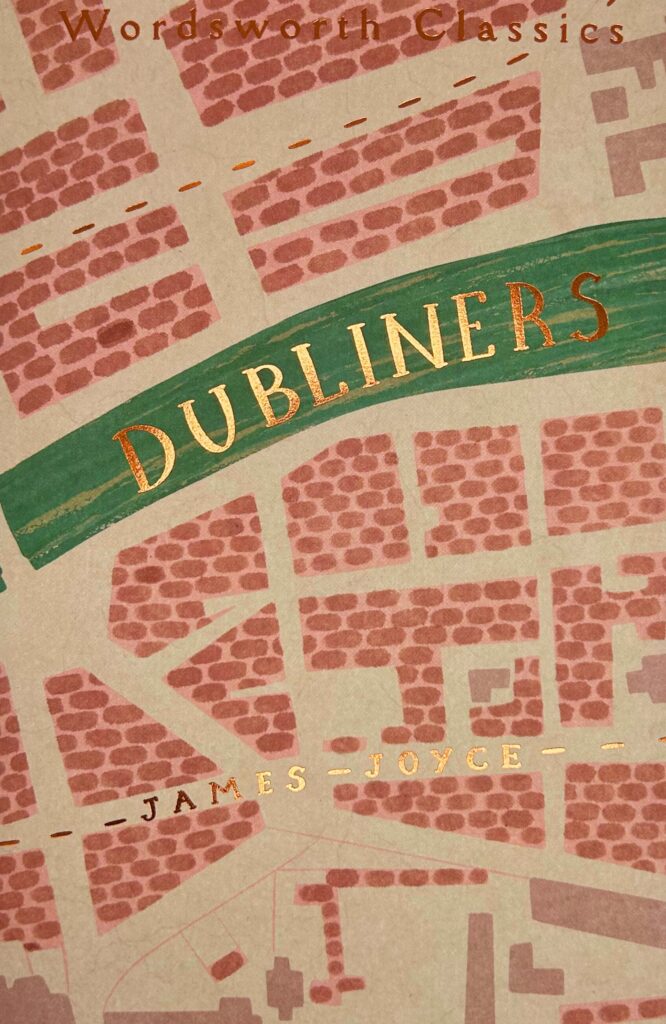
Dubliners
James Joyce
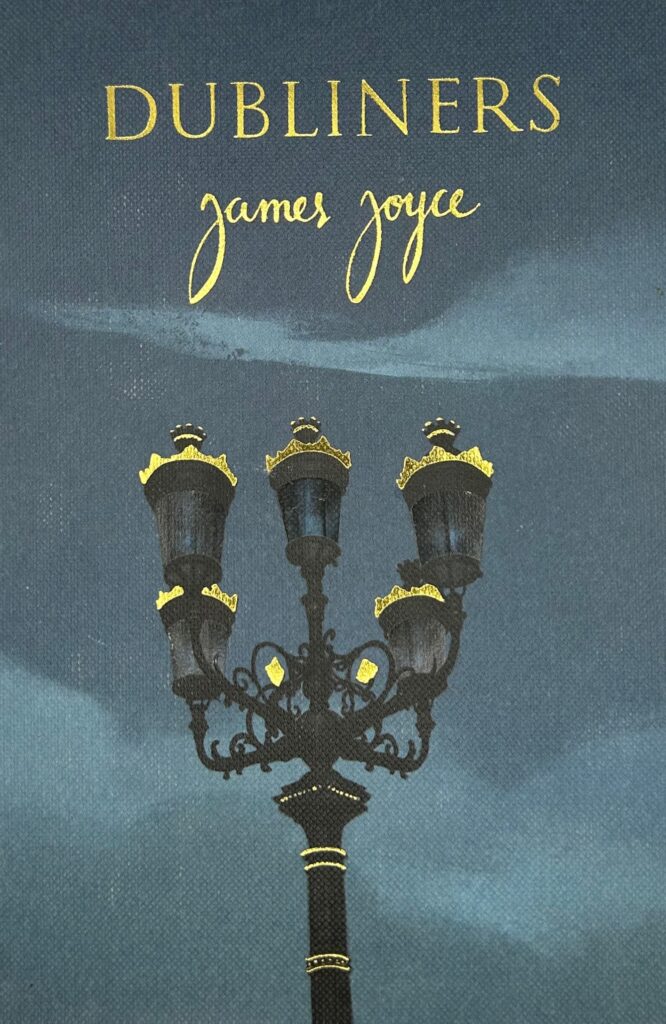
Dubliners (Collector’s Edition)
James Joyce
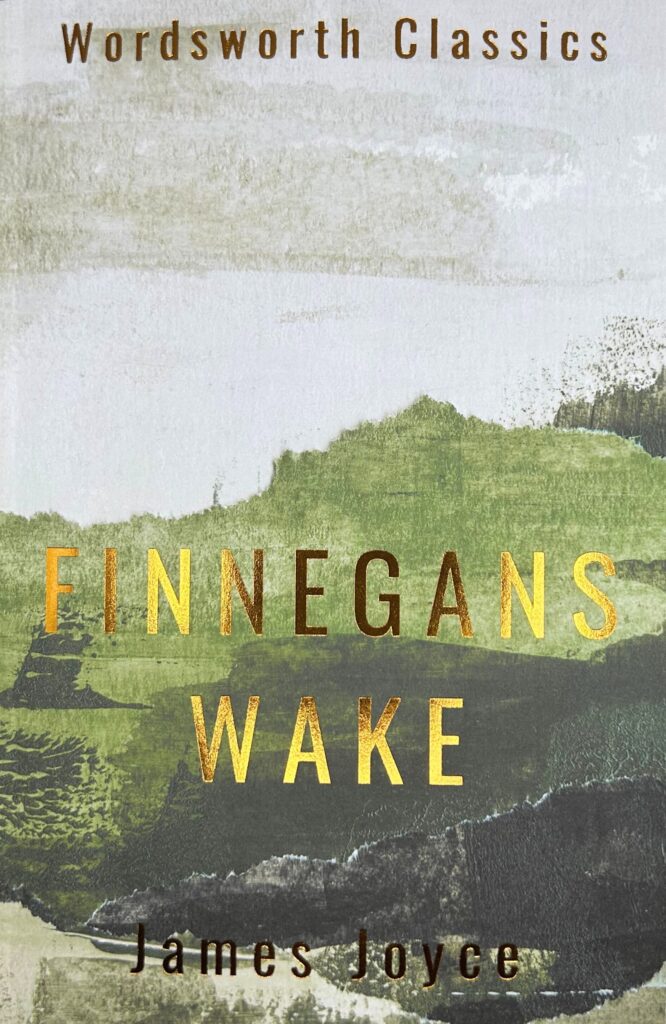
Finnegans Wake
James Joyce
